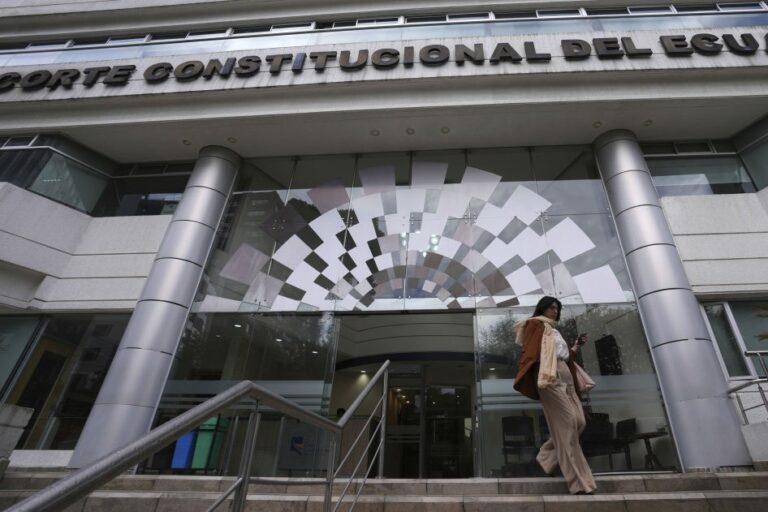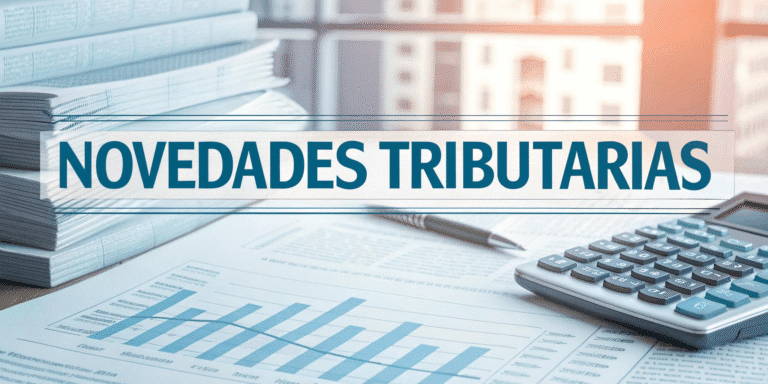Quevedo & Ponce - Legal News
Digital Piracy in Ecuador: A Legal Challenge in the Technological Era
- August 21st, 2025
- Quevedo & Ponce
Intellectual property is a fundamental pillar for the cultural, scientific, and economic development of any society. In Ecuador, this right has constitutional recognition and protection, including both copyright and related rights.
However, the advancement of digital technologies and the widespread use of illegal platforms such as MagisTV, MegaPlay, and LikeTV, which provide unauthorized access to series, movies, pay television, and sporting events, have posed serious challenges for its effective protection.
What is digital piracy?
Digital piracy refers to the unauthorized use, reproduction, distribution, or commercialization of works protected by copyright through digital means. This includes content such as music, movies, books, software, television broadcasts, and any other type of digital material.
This practice directly affects creators, artists, educators, publishers, software developers, and content producers, whose works are easily infringed in digital environments.
Legal framework in Ecuador
Ecuador has the Organic Code of the Social Economy of Knowledge, Creativity and Innovation (Código de Ingenios), which establishes the legal foundations for the protection of intellectual property. In addition, the country is a signatory to international agreements such as the Berne Convention and the World Intellectual Property Organization (WIPO) treaties, reinforcing its commitment to the protection of these rights.
Institutional actions and legal measures
In recent years, the National Service of Intellectual Rights (SENADI) has intensified its fight against digital piracy through:
- Legal actions
- Blocking of illegal platforms
- Coordination with internet service providers
These measures aim to protect rights holders and promote legal, safe, and ethical digital consumption.
Legal consequences of digital piracy
Digital piracy can carry significant legal implications, including:
- Civil penalties, such as compensation to affected rights holders.
- Criminal liability, depending on the severity of the infringement.
- Precautionary measures, such as blocking websites and domains that distribute illicit content.
In addition to the legal impact, the use of pirate platforms exposes users to significant digital risks such as personal data theft, malware installation, online fraud, and cybercrime.
At Quevedo & Ponce, we provide comprehensive advice to creators, companies, institutions, and users on matters related to intellectual property.
We promote a digital culture based on respect, legality, and innovation, in line with the current challenges of the Ecuadorian and global digital environment.
Más Artículos
The Constitutional Court provisionally suspended articles from three recently approved laws
On August 4, the Constitutional Court announced the decisions adopted by the Admissions Chamber. Among them was the provisional suspension of a transitory provision of the Organic Law on Public Integrity, several articles and the regulations of the Organic Law on Intelligence, and certain articles of the Organic Law on National Solidarity.
La Corte Constitucional suspendió provisionalmente artículos de tres leyes aprobadas recientemente
El 4 de agosto, la Corte Constitucional informó sobre las decisiones adoptadas en la Sala de Admisiones. Entre ellas, se dispuso la suspensión provisional de una disposición transitoria de la Ley Orgánica de Integridad Pública, de varios artículos y el reglamento de la Ley Orgánica de Inteligencia, y de algunos artículos de la Ley Orgánica de Solidaridad Nacional.
New Rules for the Annulment of Electronic Tax Documents in Ecuador: Tax Implications for Taxpayers
Discover the key changes introduced by Resolution NAC-DGERCGC25-00000014 issued by the Ecuadorian Internal Revenue Service (SRI), effective as of August 1, 2025, which regulate the annulment of electronic tax documents in Ecuador. This analysis addresses the tax implications and legal challenges for companies operating under electronic invoicing schemes.
Nuevas reglas para la anulación de comprobantes electrónicos en Ecuador: implicaciones tributarias para los contribuyentes
Descubra los principales cambios introducidos por la Resolución NAC-DGERCGC25-00000014 emitida por el Servicio de Impuestos Internos del Ecuador (SRI), vigente a partir del 1 de agosto de 2025, que regulan la anulación de documentos tributarios electrónicos en el Ecuador. Este análisis aborda las implicaciones fiscales y los desafíos legales para las empresas que operan bajo esquemas de facturación electrónica.
Intellectual Property, International Harmonization, and the Role of Customs: The Philco Case as a Warning for Export-Oriented Companies
The use of trademarks in cross-border manufacturing operations poses significant legal risks, as evidenced by the Philco case in Brazil. This article analyzes how the unauthorized use of a trademark during manufacturing — even when the products are intended for export — may activate judicial and customs actions. Focusing the impact of the territoriality principle and the need for an international legal strategy.





